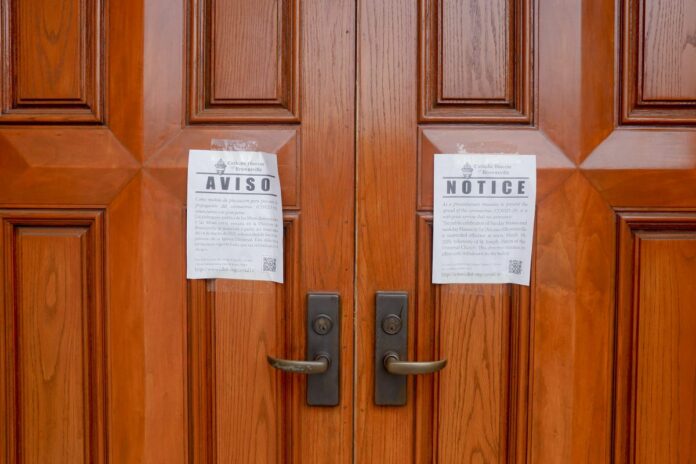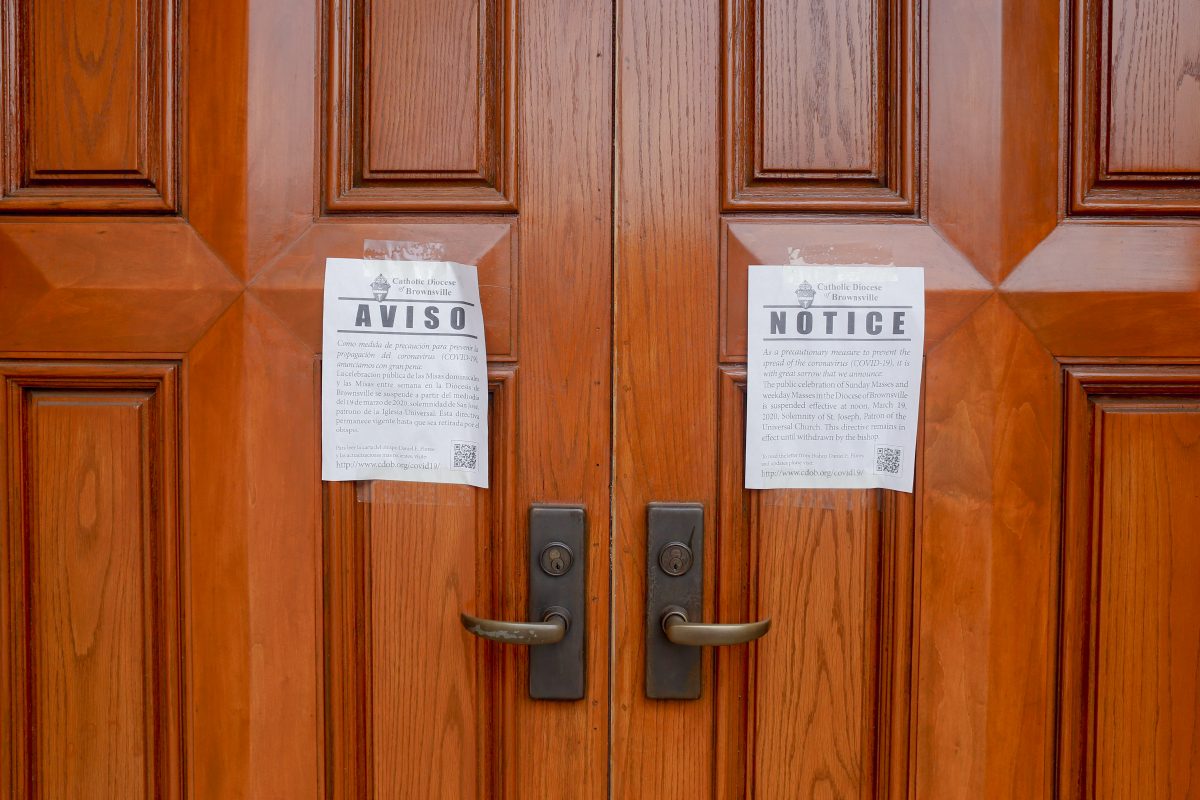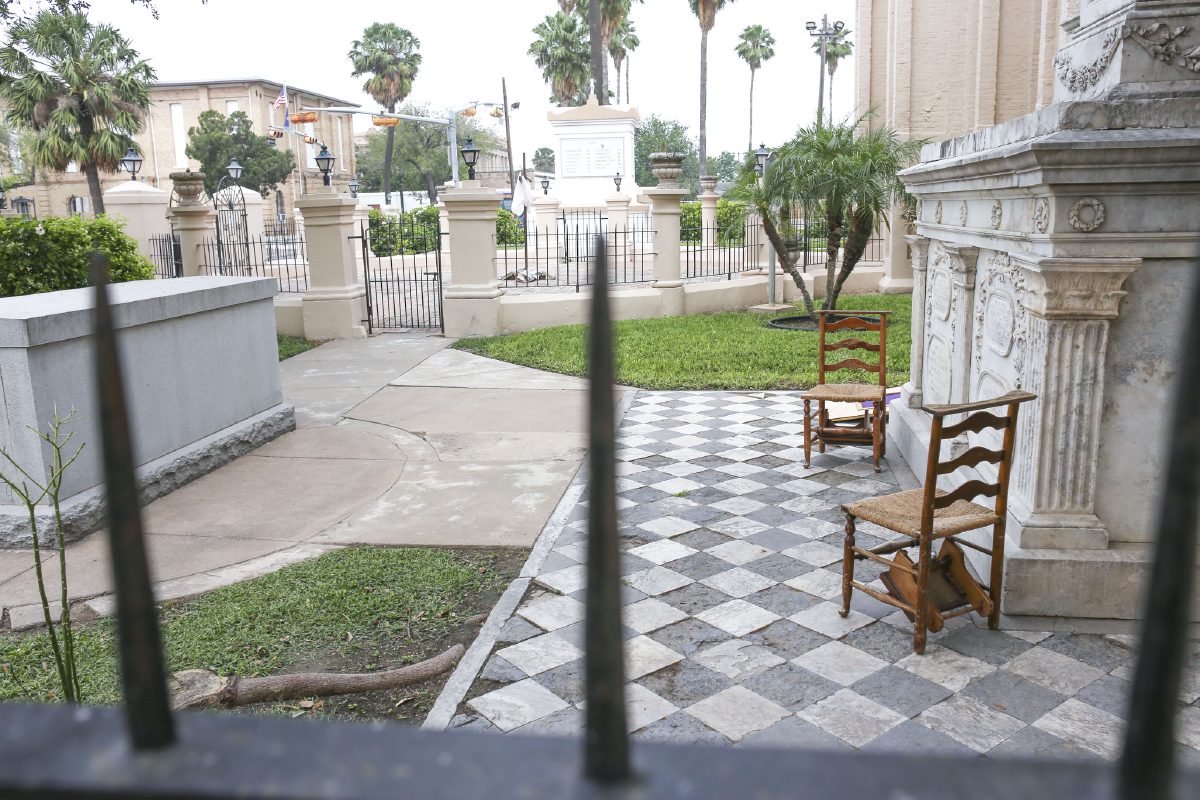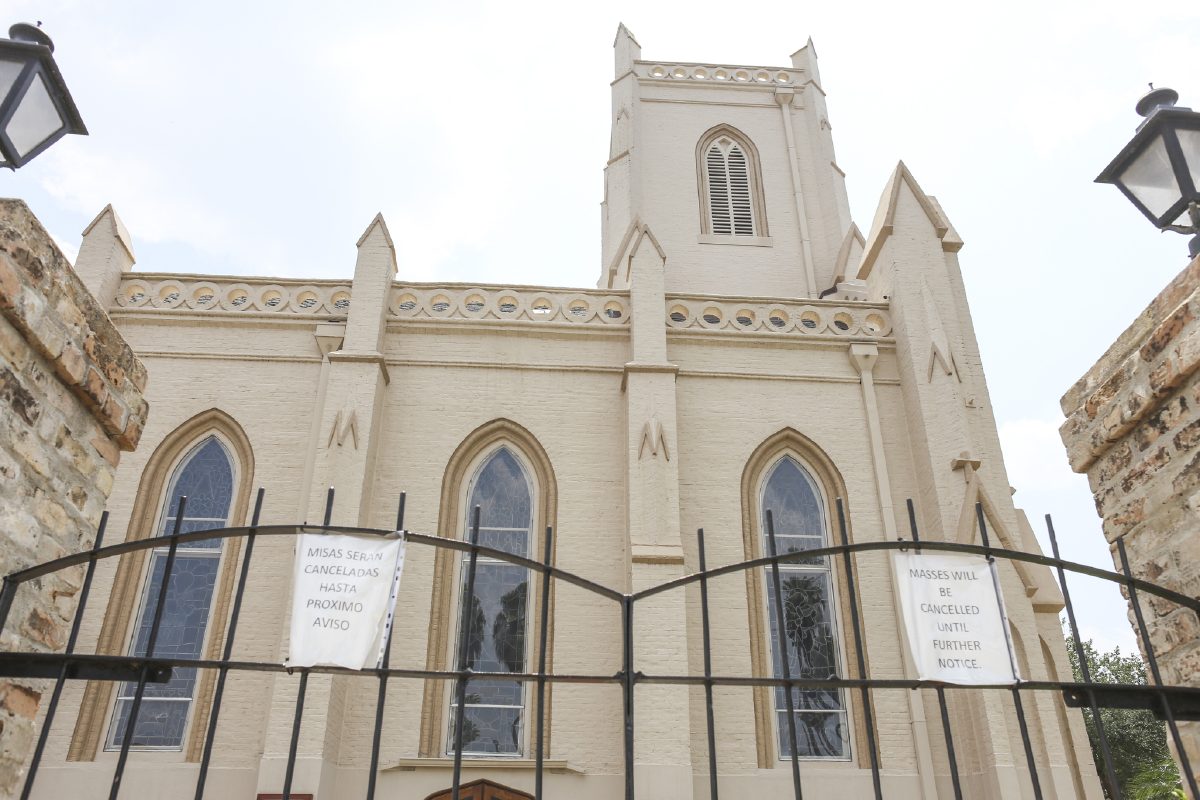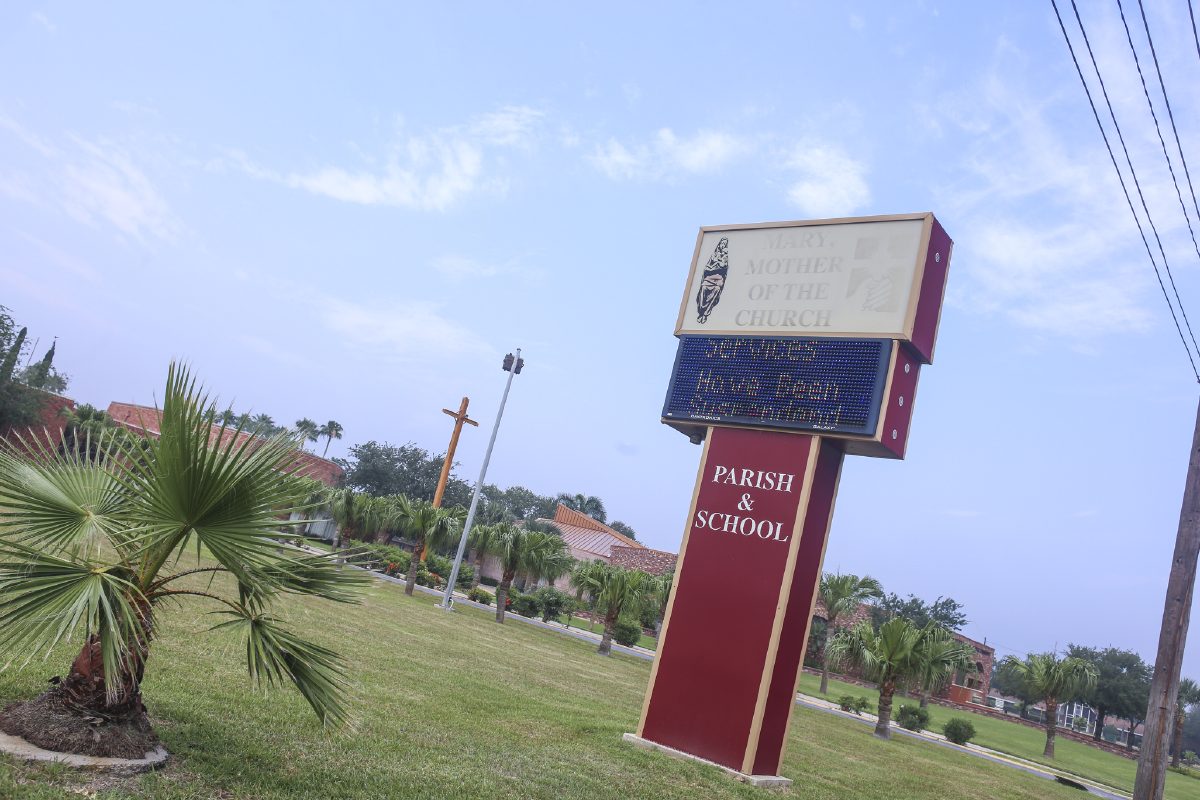The new coronavirus and official restrictions implemented to combat its spread have been nowhere more disruptive than at churches and other houses of worship, where dozens or hundreds of the faithful normally gather under one roof to celebrate Mass, hear sermons, pray together, pass the collection plate and so forth.
Like countless local governments around the nation, Cameron County imposed limits on the size of gatherings in order to prevent more people from becoming sick, and asked that local churches and other places of worship move to online streaming, teleconference or some other type of remote services.
While initially denying a request by some pastors to be allowed to conduct drive-up services, with congregants remaining in their vehicles, the county decided to make a concession and is now allowing it — as long as congregants maintain the required six feet of social distancing between vehicles. At an April 22 press conference, county Judge Eddie Treviño Jr. said that in light of the decision to allow drive-up services, the county’s temporary, widely unpopular prohibition of more than two people riding in a vehicle together is being revisited.
“You can’t take anything for granted. Any person may be a carrier, whether they’re symptomatic or not,” he said. “The church leaders have been very, very understanding. We know the impact it’s had on them.”
On April 21, the office of the governor and state attorney general issued “updated joint guidance” on the effect of Gov. Greg Abbott’s Executive Order GA-16 on religious services, and offering strategies for churches, congregations and houses of worship to slow the spread of the coronavirus while continuing to serve their communities.
The new guidance document stipulates that “the government must give special consideration to houses of worship when issuing orders related to the COVID-19 crisis.” The document notes that in addition to protections under the First Amendment of the U.S. Constitution and Article I of the Texas Constitution, the Texas Religious Freedom Restoration Act further protects the right of Texans to worship. Any order issued by governments must comply with the RFRA, even during disasters, according to the document.
At the same time, houses of worship should “help slow the spread of the virus” and conduct as many activities remotely as possible during the emergency, while following federal COVID-19 guidelines when providing worship services in person, reads the document, which also states that “local governments may not order houses of worship to close.”
Treviño said at the press conference that the county’s legal department was reviewing the new guidance from the governor’s office to make sure the county’s orders restricting worship services are in compliance with state rules.
“We want to see whether or not we’re in conflict,” he said. “I don’t believe that we are.”
In the meantime, he asked that the county’s houses of worship continue to deliver services through live streaming or other remote means if they’re able to do so. Treviño said going back to normal too soon in terms of worship services could result in another wave of infections, which would require a longer lock-down period.
“The concern we have is if we were to open up regular church services, that first Sunday would be Christmas and Easter rolled into one,” he said. “The problem is putting a large group of people inside a closed space and not enough room for social distancing, could create a bunch of cases and undo what we’ve done so far. The drive-through is a concession. We are not prohibiting anybody from exercising their right to worship.”
Brenda Nettles Riojas, communications director for the Catholic Diocese of Brownsville, said churches have become very creative in continuing to service congregants, though she admitted that the pandemic is creating a hardship for those churches as well as parishioners.
“One of the things that we are working is a video to promote online giving, illustrating the fact that the basket has not been passed in several weeks,” she said. “We also recognize though that it’s a difficult time right now, so not everyone can give. So what we’re asking is for those who can’t give is to offer prayers and maybe nudge those who can that they know. We’re very sensitive to the fact that everyone is hurting economically. We want to be respectful of that.”
At the same time, the business of the church continues, she said. Hospital chaplains are still offering solace to patients, confessions are being heard and weddings are still taking place, albeit with no more than 10 family members in attendance, Nettles Riojas said. Catholic school teachers continue to teach, though strictly online for now, while priests continue offering emotional and other types of support to the faithful and Catholic Charities continues to distribute food to the needy, she said.
“We have had a tremendous response from people who are appreciating that we’re having the online Masses,” Nettles Riojas said. “Most of our priests are also having online Masses using social media and keeping connected with their parishioners. “Some of them are being very creative in being still able to offer the sacrament. Live-streaming the Masses has been a nice way to stay connected. Our priests are offering online reflections and online retreats and online resources, and then even reaching out to parishioners in their communities in different ways. The church doors may be closed but the work of the church continues.”

